
Papua New Guinea is sometimes called the ‘final frontier’ due to untouched and full of natural beauty. The tribal culture and customs of generations still exist throughout the island. But don't worry, Papua New Guinea visa is also exist, and you can obtain it easily.
Where is Papua New Guinea situated? It is in the southwestern Pacific Ocean, covering the eastern part of the second-largest island in the world-New Guinea.
One interesting fact: guess how many languages are spoken in Papua New Guinea? More than 700. On this ground, it is called the most diverse country. However, officially recognised Papua New Guinea languages are Tok Pisin, English, Hiri Motu, and Papua New Guinean Sign Language.
The etymology of the name of the state is very astounding. It comes from the Malay “Papuva”, which is translated as “curly”. The island received this name in 1526 from the Portuguese Menezes, who was surprised by the hair of the local population. Twenty years later, Inigo Ortiz de Retes arrived on the island and gave the name of New Guinea to the place. In his opinion, the locals were like the Guinean aborigines who lived in Africa.
We think that you can have a holiday of a lifetime if you travel to Papua New Guinea. However, this country is very different from places where you’ve ever been, and to provide you with the best time in Papua New Guinea, we have prepared ten things you should know before travelling there. Knowing only the answers to the questions: «Where is Papua New Guinea located» and «How many languages are spoken in Papua New Guinea» is not enough to have the most bewitching time in Papua New Guinea. In this article, we will tell you, what is the best time to travel to Papua New Guinea, how to stay safe there, and also share with you some tricks. So, consider these points and pack your bags to travel to Papua New Guinea.
1. You need to plan your trip
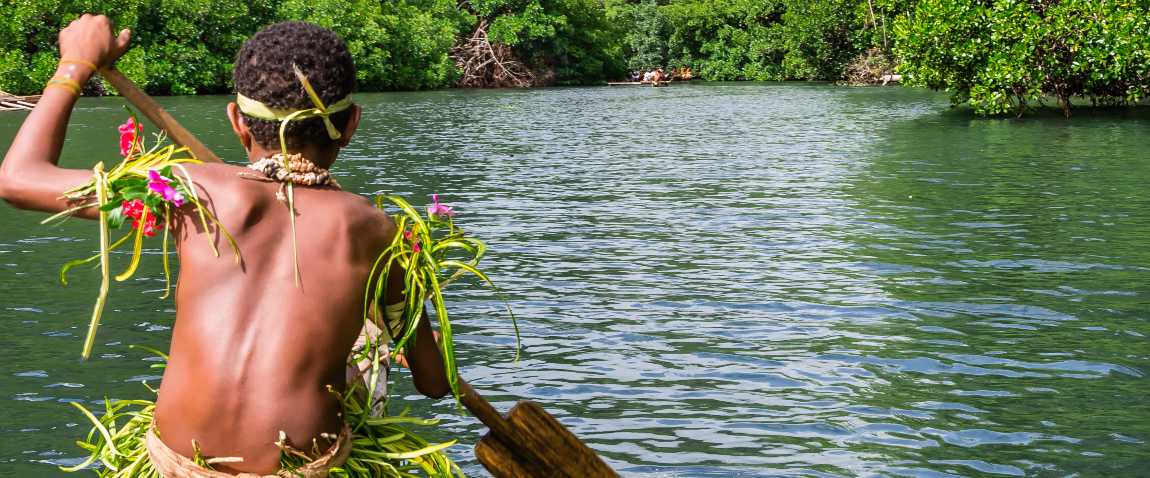
Papua New Guinea is not recommended to rock up and explore. You will not waste your money and time and will make your adventure safer. For example, if you are planning to watch some festivals, such as the Mt Hagen show, we recommend you looking into tours that offer all-inclusive packages. Also, Young Pioneers Tours has the most affordable package out there and even can offer some cheap flights or accommodation with high-qualified guides. If you are planning internal flights, it would be good for you to leave a day or two in between your departing flight from Port Moresby, Papua New Guinea’s capital, in case there are delays due to weather.
2. Price range
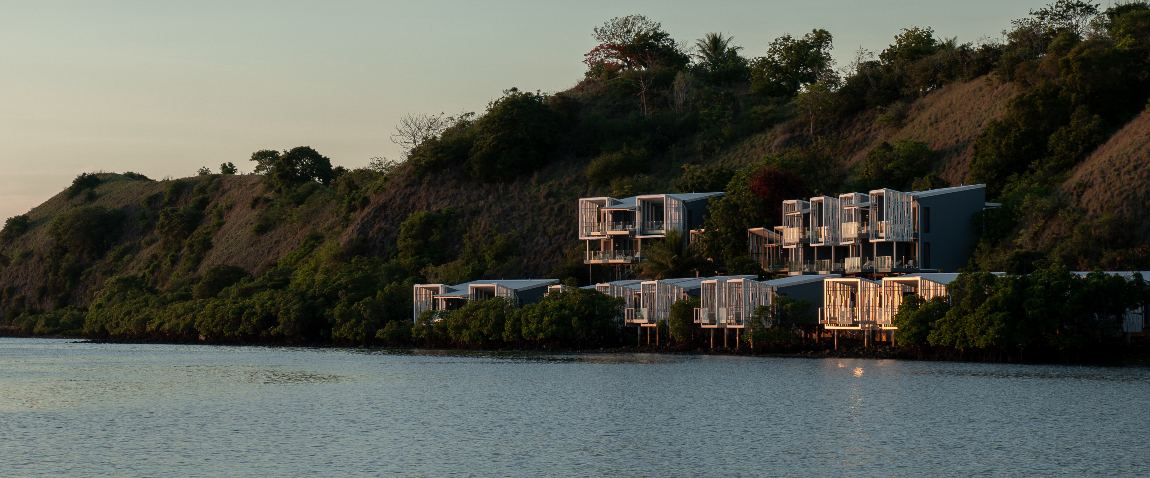
Papua New Guinea is quite an expensive place by Oceania standards. In cities, almost all hotels and restaurants are relatively expensive. However, outside the city, the price level drops sharply - here, you can stay in a private boarding house for almost $3-7 per day or bargain with the owner of a motel or lodge for $7-15 per day. And if it is possible to agree on accommodation in a private house, then this will cost a maximum of $5 per day. In this case, you should leave the hosts a little money ($3-15 for the entire period of stay) for their hospitality. However, don’t forget to arrange this not as a tip or gift, but as a payment for some additional services. In the mountainous area, there are numerous guesthouses (especially common in the Sepik district), which can only be reached by air or by jeep.
3. Tipping or not?
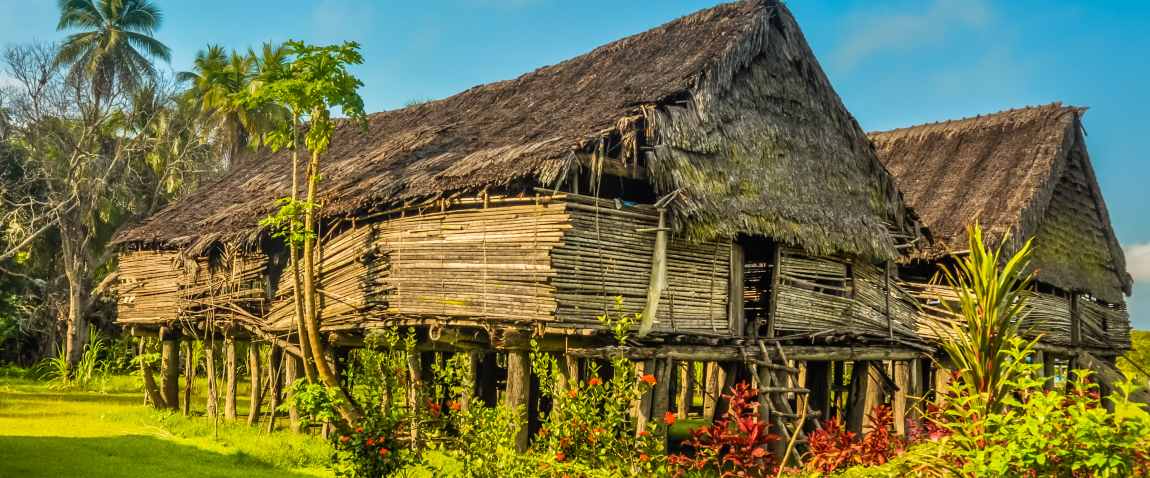
As we mentioned above, we don’t recommend you give any money as tips. It is not encouraged and can be considered disrespectful towards Papua New Guinea people. However, when you visit tribes or villages, you can see a donation box. The tribes there get paid a very tiny amount of money for showing you their customs and traditions, but they put a lot of work into preparing for your visit. So, in this case, you can donate some money.
4. Transport
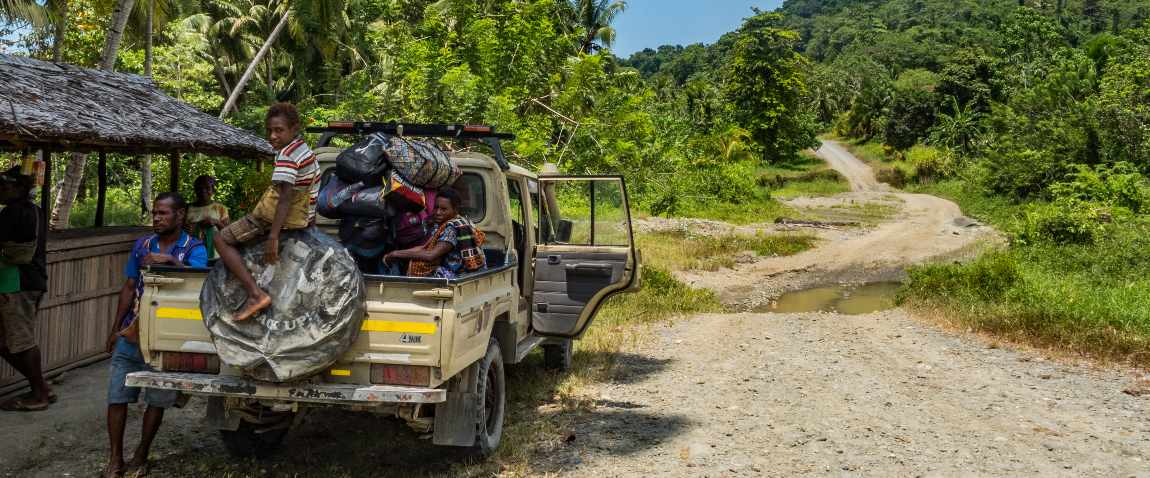
It could be a challenge getting around Papua New Guinea, and flying can be the most convenient mode of transport. There are plenty of internal airlines that will help you to get to remote places. In case you want to book a packaged tour, flights most probably will be included. But if not, we recommend you to book in advance to get low prices on domestic flights.
Regarding the choices to see the country via road, the best option can be Public Motor Vehicles (PMV) because of their low prices and comfortable minivans, trucks, and buses.
To have the most enthralling trip, you can book a scuba diving or snorkelling tour to watch astounding dive sites and marine life. If you travel by boat, please remember that there can be pirates off the coast, so follow the news or ask your tour guide for the latest information.
5. Where is it better to fly from?
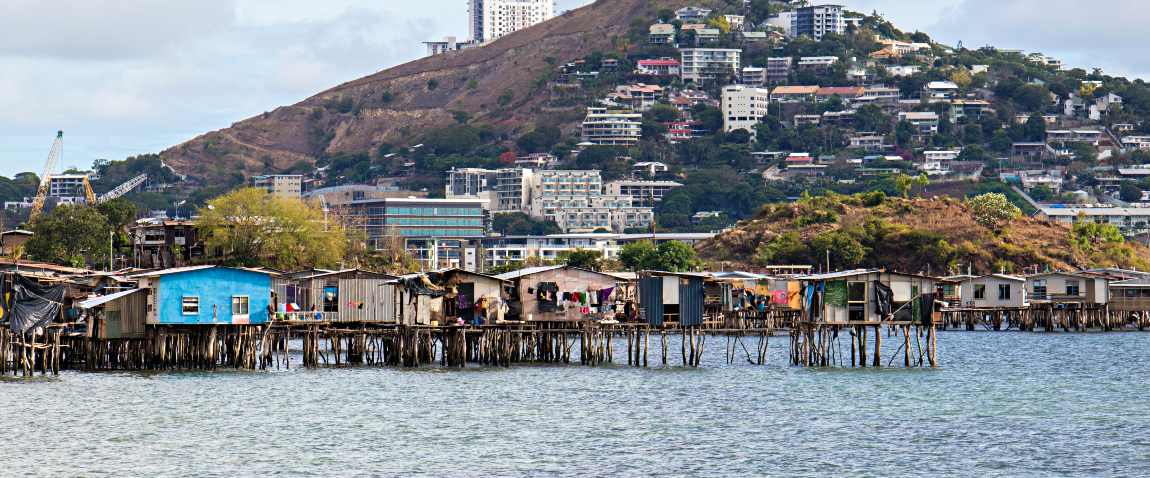
Considering where is Papua New Guinea situated, it can be very expensive to fly to Port Moresby (capital). However, you can get cheaper flights from Singapore, Australia, and Manila. There are also some flights from other Pacific Island countries, but those can be expensive.
6. The language

There is no sole Papua New Guinea language. You already know how many languages are spoken in Papua New Guinea (700+). For sure, many Papua New Guinea people know English or Pigeon English, but not all of them. It would be better for you to learn some common local phrases depending on the area which you want to visit based on Papua New Guinea language coverage territory.
7. Is it safe to travel to Papua New Guinea?
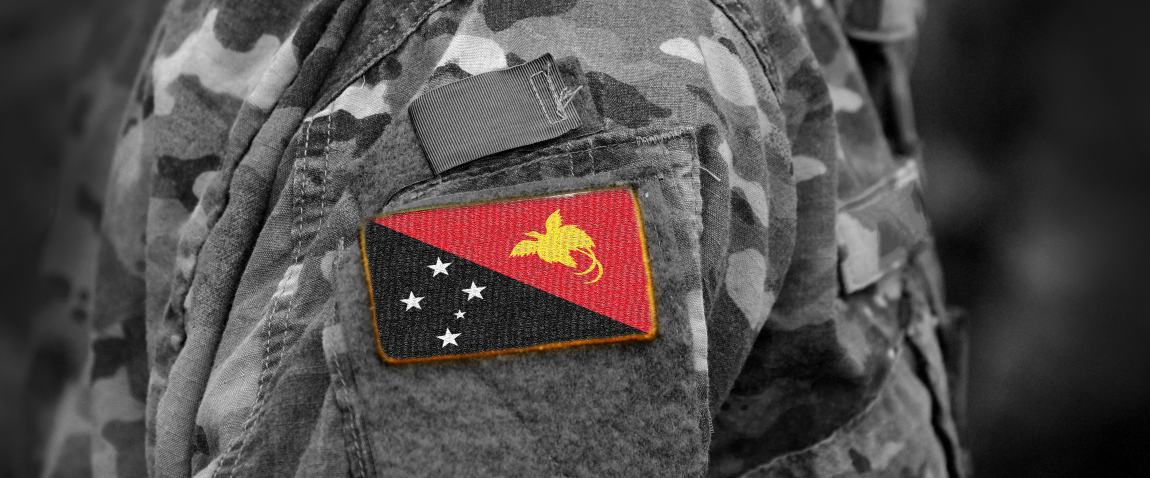
Planning your time in Papua New Guinea, you need to ask yourself, is it safe to travel to Papua New Guinea? It is not very safe; however, you can safeguard yourself by not travelling at night, even in Port Moresby, especially alone. If you are alone, you can use a taxi. The best option is to travel in groups, and it would be the most recommended.
The main problems in the country are fraud, petty street crime, and theft from cars. When you travel around the country, you should follow the usual precautions. You should not visit remote areas of settlements at night (it should also be borne in mind that there, as elsewhere in the equatorial regions of the planet, night falls very quickly - there is practically no twilight as such). You should not demonstrate your wealth openly, for example, jewellery and expensive photo or video equipment, do not leave personal belongings unattended, and do not carry large amounts of cash with you.
Don’t let the question «Is it safe to travel to Papua New Guinea?» be a burden for you; follow these precautions, and you will be safe!
8. The best time to travel to Papua New Guinea
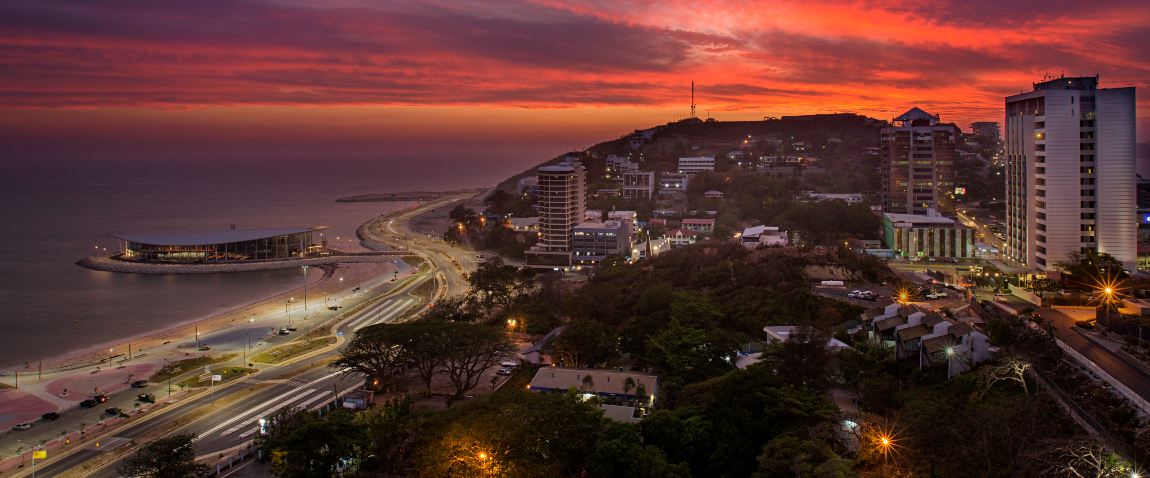
There are only two months in which we don’t recommend you to go to Papua New Guinea: April and November due to unstable weather. Your vacation can be easily spoiled by the unpredicted weather. At this time, the weather there is very unstable, and a sudden wind and heavy rain can influence your trip. Frequently, in these months, it can pour down, and your holiday can be rained off. However, all other months can be considered as the best time to travel to Papua New Guinea.
9. Cheeky wildlife
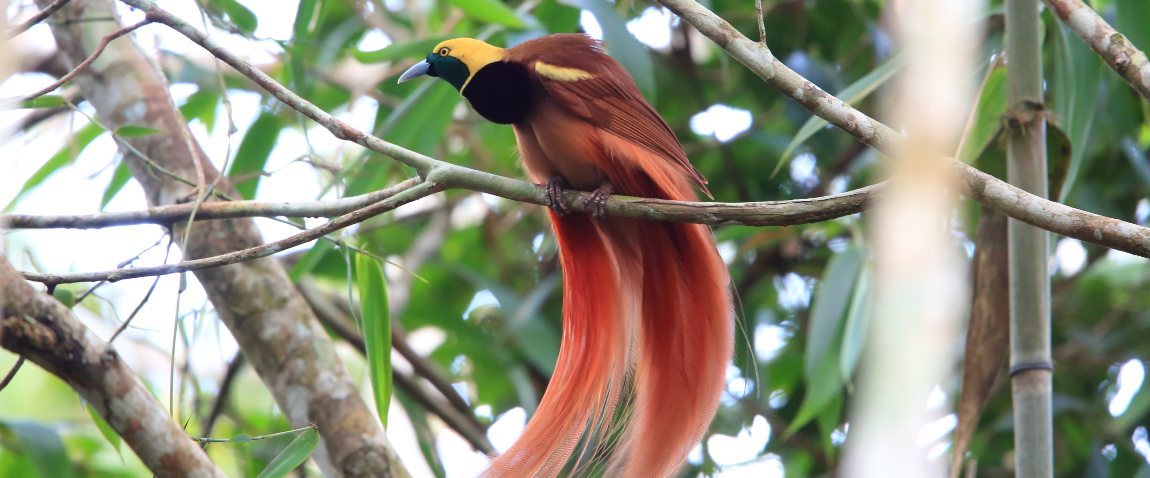
A lot of hotels there have birdlife and wallabies that are roaming freely. For example, Loloata Island (25 minutes from Port Moresby) have two tribes of wallabies. Although they are prone to avoid people, you can feel scared if you pass a crowd of wallabies and don’t know that they are there. Some people said that some of them are just into everything, including bags, and can fly off with anything that you leave around. What is interesting, they can also confuse your toenail polish with berries and chase your feet. They adore shoelaces as well. Papua New Guinea people have already used to it, but we recommend you to be warry!
10. Police
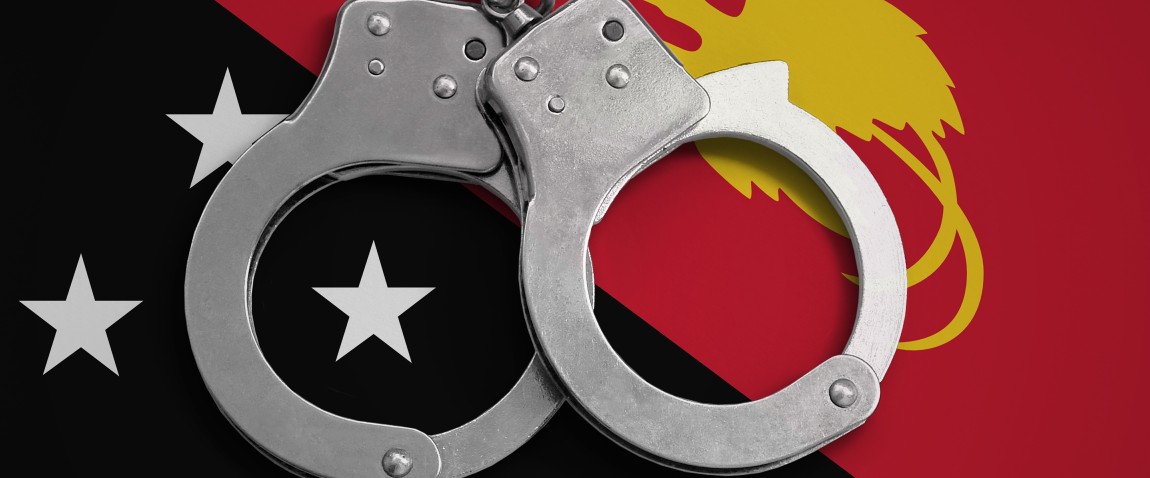
A certain inconvenience is presented by local policemen, whose main concern, it seems, is the desire to lure out of the tourist as much money as possible. The only way to avoid their intrusive attention is to refuse to pay any fines (in most cases, frankly flimsy) on the spot and also to transfer all disputes to the police station. Remember, local law enforcement agencies under any circumstances have no right to collect fines on the road. According to local laws, they must be paid at the ticket office of the police station with an official receipt. Moreover, the government of the country will most probably defend the rights of tourists (Papua New Guinea desperately needs an influx of foreign currency), and the police know very well what will happen to them in case of conflict with a foreigner. So they try not to get involved with the official registration of documents – so, in case of refusal to pay on a far-fetched reason, most probably they will issue a “warning” and release you.
Keep in mind these 10 points and set plans to travel to Papua New Guinea. We wish you an amazing time in Papua New Guinea!
Get your visa with one click
Ready to get visa assistance without waste time?



